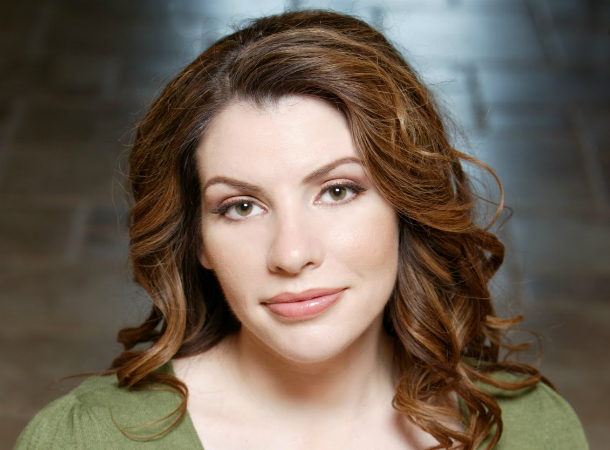

As a result of this stylistic mismatch, The Host had the dialogue of a cheesy teen drama but the cold, clinical aesthetic of a Solaris ripoff, resulting in some unintentionally funny moments and an inconsistent tone. While his chilly cerebral sci-fi resulted in some cult gems, his style was ill-suited to the high drama of a teen movie from Stephanie Meyer of Twilight. However, Niccol also struggled to keep the absurd world-building of sci-fi stories believable, as proven by his then-recent critical failure, the Justin Timberlake-led In Time. However, The Host had a seemingly solid pick in Gattaca’s Andrew Niccol, whose sci-fi efforts sometimes proved thought-provoking and satirically sharp. Later sequels were less lucky, with New Moon earning worse reviews thanks to the inconsistent tone provided by Chris Weitz’s direction. Twilight lucked out in hiring director Catherine Hardwicke, who gave the movie a moody color palette and grungy aesthetic that helped tone down its inherent absurdity and ground the story’s melodrama. So, why couldn’t the sci-fi movie recreate the success of her earlier series? Only a year after the final Twilight movie Breaking Dawn Part 2 made a whopping $829 million, The Host earned woeful reviews and barely recouped its considerable budget, earning $63 million despite costing $40 million. However, despite its director having an impressive pedigree in thoughtful sci-fi fare and the genre going through a mainstream renaissance at the time, The Host performed disastrously upon release. Starring an up-and-coming Saoirse Ronan and screen veteran Diane Kruger, the adaptation seemed set for blockbuster success.

Related: Twilight: Why Emmett’s Eggs Aren’t A Cullen Plot HoleĪfter this massive and unanticipated success, expectations were understandably sky-high for the 2013 movie adaptation of Stephenie Meyer’s YA sci-fi novel The Host. Despite this, Twilight was a blockbuster hit and soon spawned a string of sequels, each of which earned hundreds of millions of dollars at the box office. Even after these plans were scrapped, original Twilight director Catherine Hardwicke claimed she only got the job because the studio producing the movie had low expectations for the franchise’s potential. Twilight could've been altered by Paramount, as it was unsure whether audiences would want a movie faithful to Meyers’ novel.


 0 kommentar(er)
0 kommentar(er)
